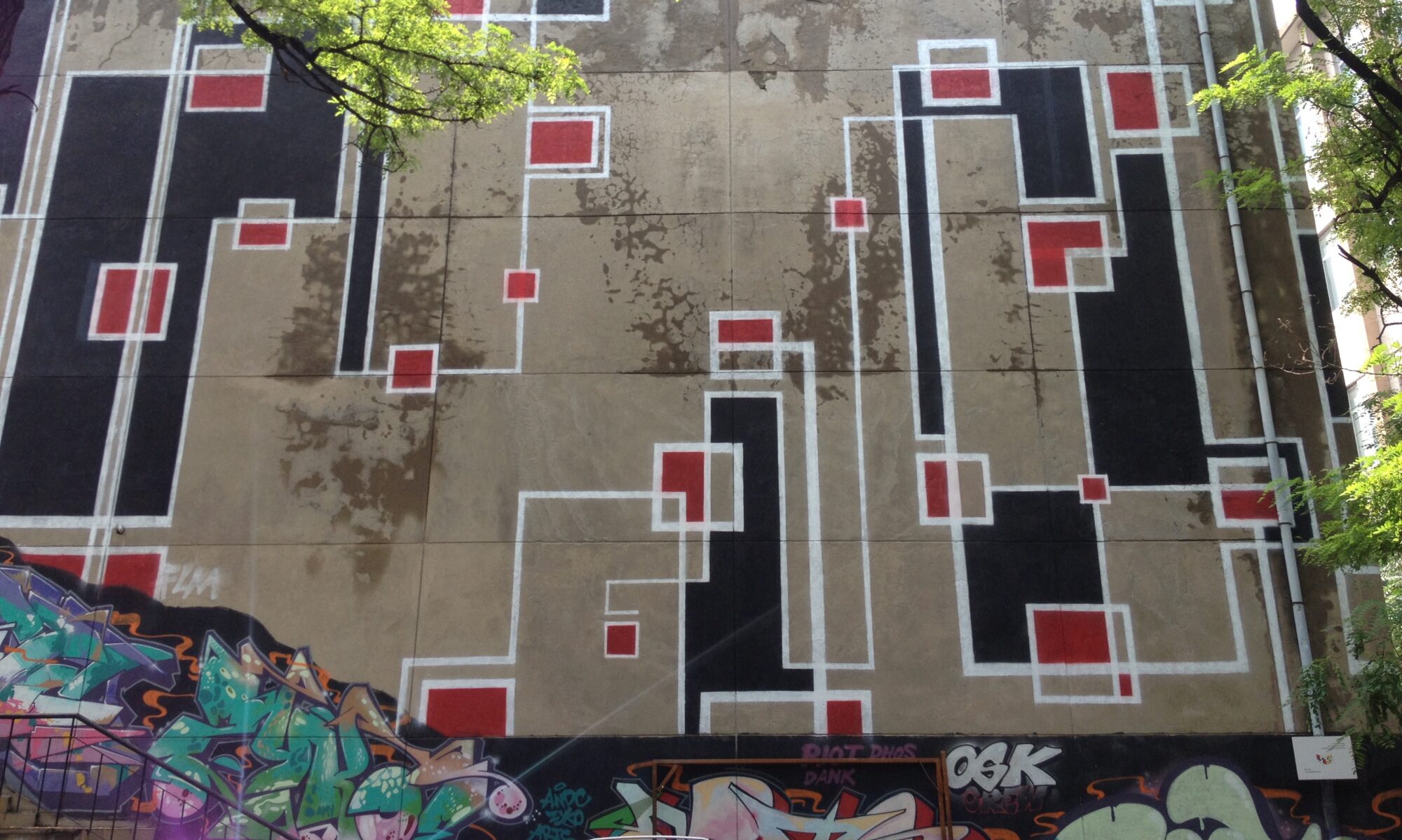My research focuses on two interlinked themes:
First, I am interested in understanding how intertwined global and local political economic processes and dynamics shape urban transformations. Secondly, engaging with postcolonial urban theories’ emphasis on decentering the production of and diversifying the sources of urban knowledge, through my research, I endeavor to position urban China as one of many sources of urban knowledge and theories rather than just being a destination for applying theories.
My current and previous research executes these two themes through examining urban politics of online influencing, urban political economy of arts and creativity, as well as land commodification in Chinese cities.

Urban Politics of Online Influencing: urban influencing, influencing the urban
In collaboration with Dr Carwyn Morris (Leiden University) and Dr Asa Roast (School of Geography, University of Leeds), I am currently developing and working on a project examining the rise of “internet celebrity (wanghong) urbanism”, a consumption and production of the urban facilitated through digital platforms, and its associated urban politics and political economy.
In this project, we focus on how user-generated content and online influencing through social media platforms produce digital spectacle and generate urban desires, aspirations, and imaginaries, and what kind of material, political, and economic effects are created in turn. We examine issues of digitally mediated experience and consumption of urban spaces, the (re)production of urban spaces influenced by mass production of digital content, the intersection between urban entrepreneurialism and wanghong urbanism, and the roles of social media platform companies in the production and consumption of digital and urban spectacle.
An early discussion of our observations and thoughts about this phenomenon is available (open access) on the Chaoyang Trap newsletter: “We Built this City on a Camera Roll“.
A longer form of discussion on the phenomenon of wanghong urbanism, what the term captures, and what implications it generates is published in Mediapolis.
We have organized a workshop in relation to this project on “Urban-digital spectacle: Spectacle, urban space and digital platforms”, supported by SEED (School of Environment, Education and Development, University of Manchester) Strategic Research Support Funds 2021-2022 and PEM (Planning and Environmental Management) Research Support Grant 2021-2022. A flyer about the event can be found here.

Urban Political Economy of Arts and Creativity
Current research: Temporary / pop-up creative uses in Beijing
My current research examines the adoption of temporary/pop-up creative uses for urban regeneration in Beijing’s historic Dashilar area. In this research, I focus on how intertwined global-local political economic processes shape the choice and implementation of this urban regeneration strategy (published in Transforming Cities through Temporary Urbanism, co-edited by me), how the district government enacts its role as a local entrepreneurial state, and how local residents as well as the “creative participants” perceive this strategy and changes in the neighborhood.
This research is funded by:
- British Academy/Leverhulme Small Research Grant (SRG\170228)
- School of Geography, Earth and Environmental Sciences, University of Birmingham
Previous research: Arts Districts in China
My PhD dissertation research (2014-2016) examines disused industrial compounds being turned into art spaces and being institutionalized as official arts districts in two Chinese cities, Beijing and Chongqing. This research explores the roles of artists and arts in shaping urban spaces in order to provide a window onto the political economic dynamics underlying China’s transforming urban landscape and state-society relations of China.
Taking a relational perspective and situating China’s arts districts at the global-local interface, I argue that “arts district”, as a particular kind of place and a notion, is produced through and shaped by arts communities’ place-making practices as part of their pursuit of economic and social interests, local governments’ political and economic agendas, and public imaginaries and narratives of contemporary art, urban history, and (post)industrial materialities.
This research challenges the focus on the relationship between art and land value in geographical research on art and the city. It enriches and diversifies understandings of art and the city by highlighting the importance of the temporality of place-making in contestations and negotiations among artists, landlords, and local governments (published in Geoforum), the intertwined and simultaneous impacts of urban land and art markets on urban art spaces (published in International Journal of Urban and Regional Research), the roles of globally mobile artists in policy mobilities, the generative potential of peripheral arts districts for coalition-building between artists and local low-income residents, and the aesthetic of arts districts in depoliticizing arts districts while also underpinning claims of monopoly rent from a range of stakeholders.
This research was funded by:
- IJURR Foundation Studentships within the field of urban and regional studies
- Puser Dissertation Enhancement Award, Graduate School of Geography, Clark University
- Mary E. and Irene L. Piper Fellowship in Urban Geography, Graduate School of Geography, Clark University

Land Commodification in China
My Mphil dissertation research (2009-2011) focuses on the impacts and politics of China’s land-centered municipal fiscal structure that came into existence following the tax reform in 1992. In particular, I examined the relationship between different arrangements on the division of land transaction incomes between Beijing municipal government and district governments and Beijing’s land transactions and urban land expansion patterns for the period of 1996-2008. This research has been published in Urban Geography and Urban Studies.
This research was funded by:
- Dissertation Fellowship, Peking University-Lincoln Institute of Land Policy
- Postgraduate Scholarship, Graduate School, The University of Hong Kong
